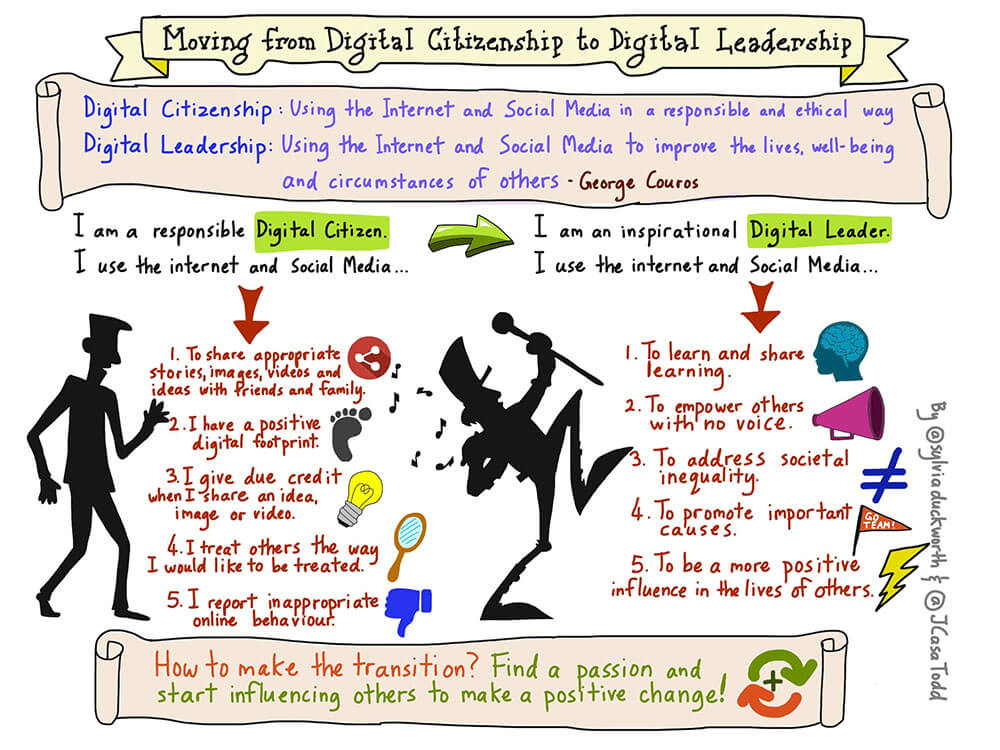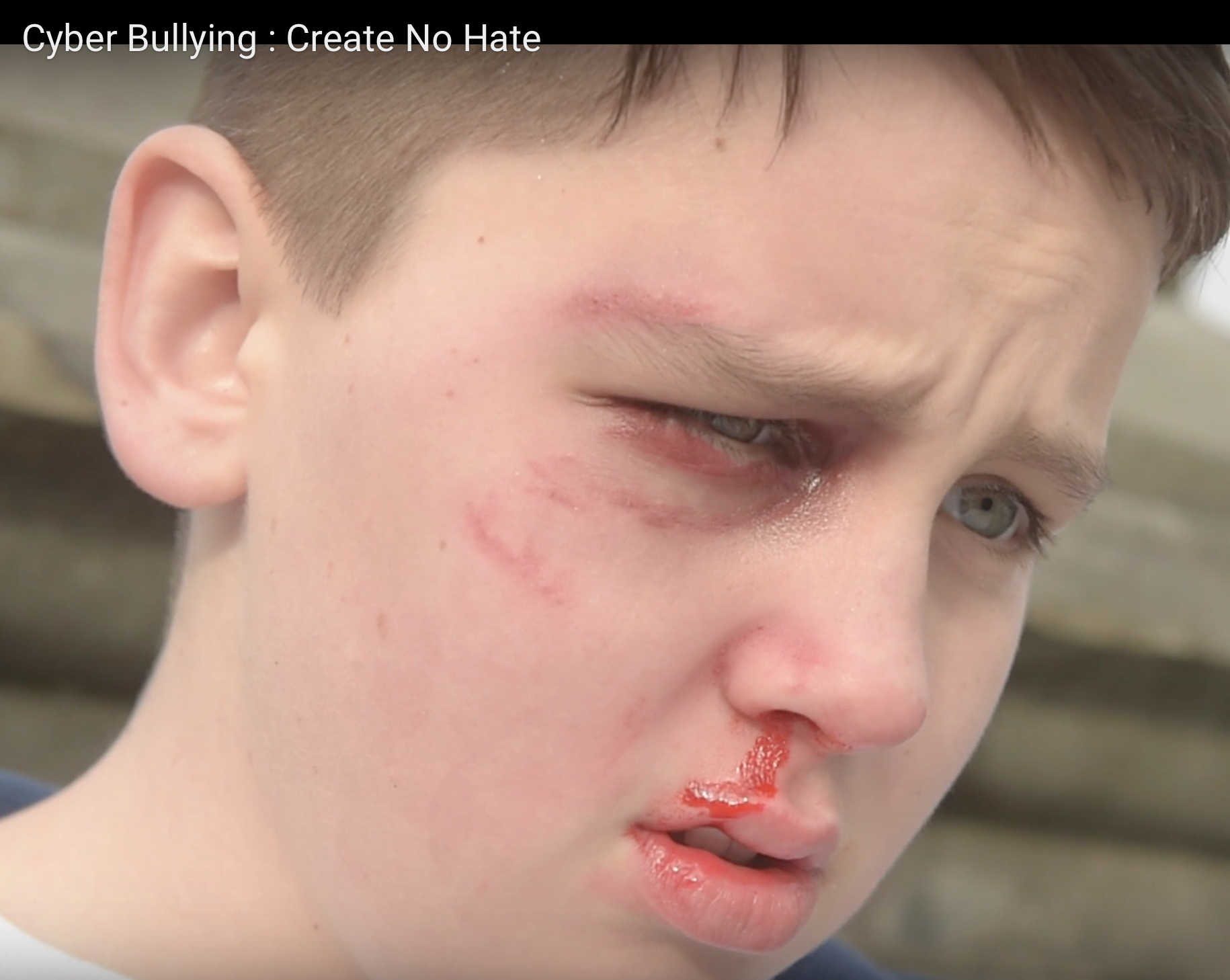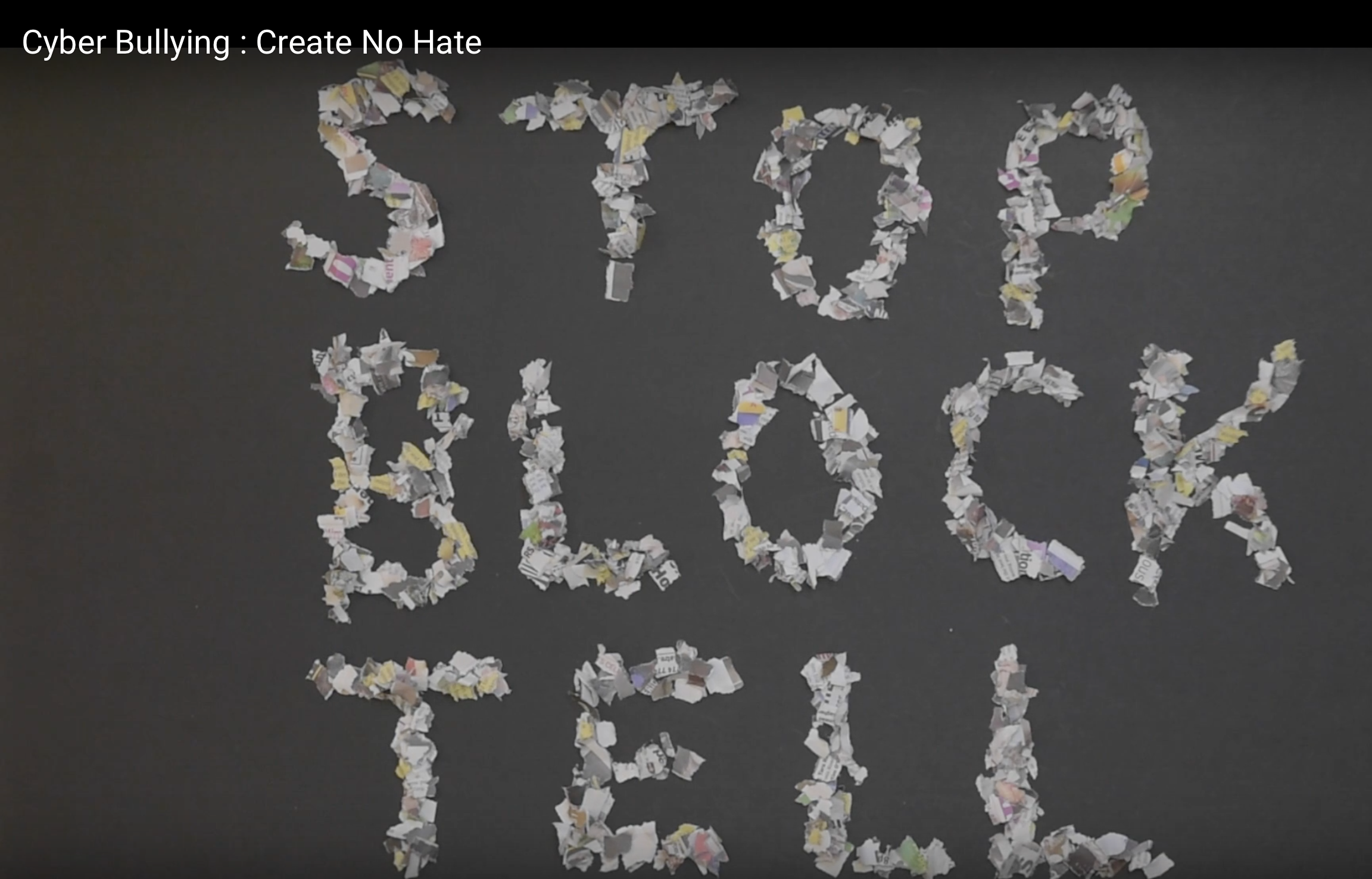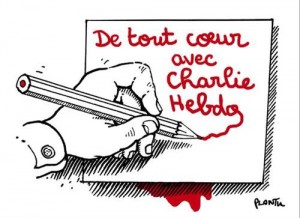<reddit.com/r/vancouver> <the power of reddit>
Dr. Alec Couros AMA (ask me anything) on Reddit re: his experiences with the cat fishing scams <I received a call yesterday, but nobody spoke> <info for romance scam victims>

What are the root causes of cyberbullying? How do teens react to cyberbullying? What is the role of social media in fostering youth civic engagement and digital citizenship? What are the challenges as youth develop their identities and social relationships both on and offline? <Amanda Todd>
How should teachers react to videos depicting local teen violence? How can teachers empower their students to deal with bullies constructively? When should parents get involved? What is the role of law (e.g., we can’t criminalize those we should protect)? <CTV Vancouver News, Feb 2, 2016>
Have you ever been bullied in your personal or work life? Where you ever the bully? Do you have any stories to share about cyberbullying in your school?<Academic Bullying & Mobbing>
As Shariff (2015) asks, how do we (educators, parents, policy makers, and the legal community) develop create ways to facilitate the growth of digitally empowered children and young adults? What are your recommendations for the development of safe school environments and anti-oppression education (e.g. teacher education in legal, digital, and media literacy; engage youth in policy development; educate the news media; sensitivity training for law enforcement personnel; updates to existing legislation in the Youth Criminal Justice Act)?
How might we strengthen Canada’s laws against cyberbullying? What are the challenges of the WITS (Walk Away, Ignore, Talk it Out, and Seek Help) program that the Canadian government is promoting to reduce cyberbullying?
According to Canadian Law, can children be deemed child pornographers when sexting non-consensual intimate images? What are the negative long and short-term consequences of criminalizing young people?
What are the public’s rights to open courts and press freedoms? Without the ability to pursue legal actions anonymously, will bullied children feel safe to pursue legal action to protect themselves (without fear of revictimization)?
Dr. Jennifer Fraser <why we must refuse to submit to bullying>
Abuse of Power <Teaching Tolerance>
Are you a responsible digital citizen? <A Bullying Story> <Digizen Game>




 Follow
Follow

